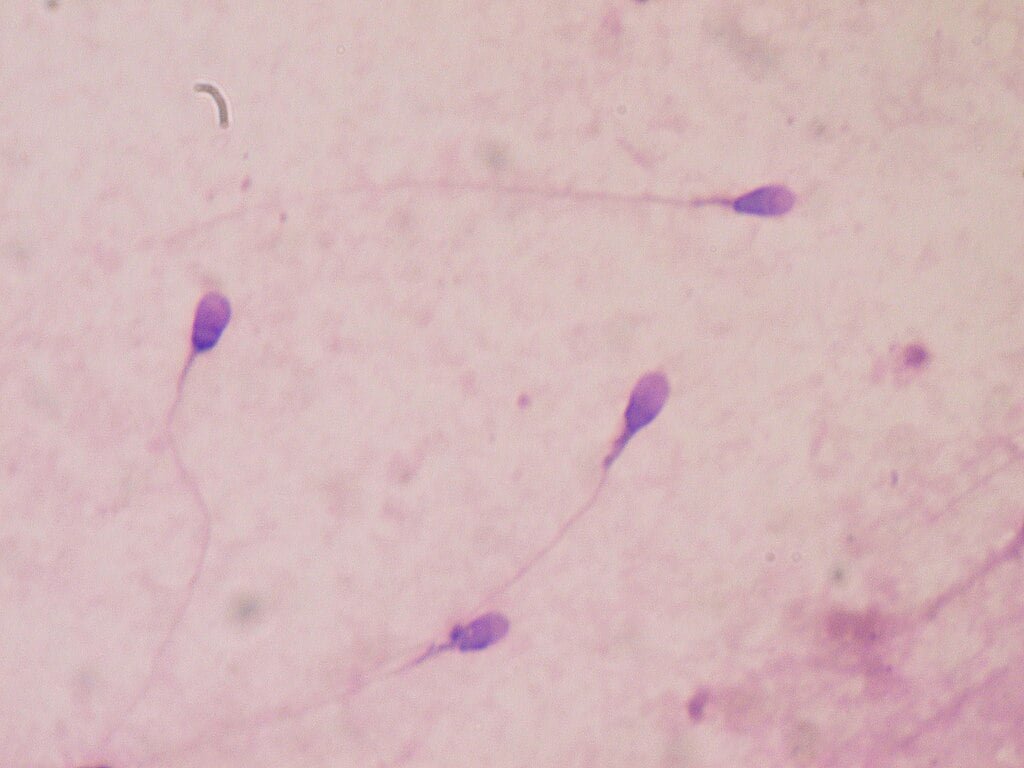
A 29-year-old woman in Lithuania was diagnosed with a rare allergy to proteins in human semen, a condition researchers say can interfere with infertility in women.
The case, recently detailed in a medical report, highlights how overlooked allergies can complicate reproductive health. Doctors discovered the issue after the woman and her partner struggled to conceive for several years. Natural attempts failed, and two rounds of in vitro fertilization (IVF) also proved unsuccessful.
Gynecological exams showed no structural or hormonal problems, and the report did not specify whether her partner had undergone fertility testing.
Unexplained infertility leads to allergy investigation
The woman had a known history of asthma and sensitivity to airborne allergens such as mold, cat fur, and dust. Concerned that these allergies could be contributing to her fertility problems, she sought further evaluation at a medical facility.
Blood tests revealed abnormally high levels of eosinophils, a type of white blood cell linked to allergic reactions. Skin tests confirmed sensitivities to multiple allergens, including mites, pollens, insects, and dogs.
One result drew particular attention: a strong reaction to Canis familiaris allergen 5, a protein found in dog dander and urine. According to doctors, this protein is structurally similar to proteins present in human semen. During interviews, the patient reported symptoms such as nasal congestion and sneezing following unprotected intercourse—details that had not been mentioned in earlier fertility consultations.
Semen allergy in women confirms seminal plasma allergy
Further testing confirmed the allergy. Doctors used semen samples from the woman’s partner, which triggered a significant allergic response. This led to the diagnosis of human seminal plasma allergy, a rare condition in which the body reacts to seminal proteins.
Medical experts explained that such allergies can trigger inflammation in the reproductive tract, potentially interfering with conception. It remains unclear whether this condition affected her IVF treatments, as semen is not present during embryo implantation.

Treatment options for semen allergies are limited. The most common recommendation is barrier contraception, such as condoms, to prevent exposure. The woman declined this option because she wished to conceive naturally. Another potential treatment—desensitization therapy involving gradual exposure to semen—was unavailable in Lithuania.
Doctors instead advised her to take antihistamines prior to intercourse to reduce symptoms. She followed the recommendation but reported no improvement. Three years later, during a follow-up, she reported she still hadn’t conceived. She also said she experienced worsening reactions, including vulvar burning, swollen eyelids, and watery eyes. No further treatment was offered.
Case highlights semen allergy as overlooked cause of infertility in women
Globally, medical literature documents only about eighty cases of human seminal plasma allergy. Specialists say much remains unknown about its role in infertility, particularly when combined with other health conditions.
The doctors who treated the woman emphasized the broader lesson: infertility can have multiple overlapping causes, and uncommon allergies should not be overlooked. They wrote that this case serves as a reminder to consider allergic reactions during comprehensive fertility evaluations.


